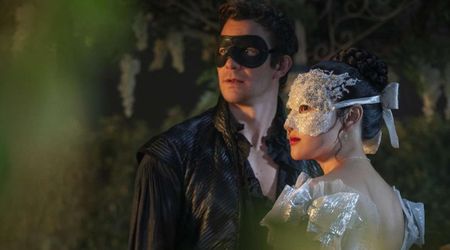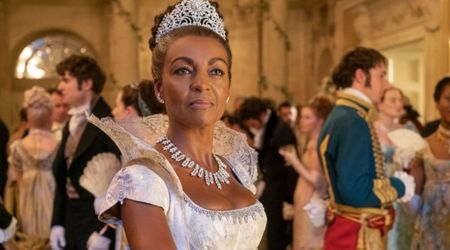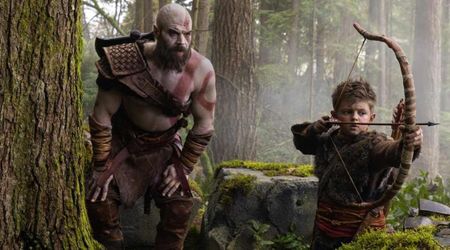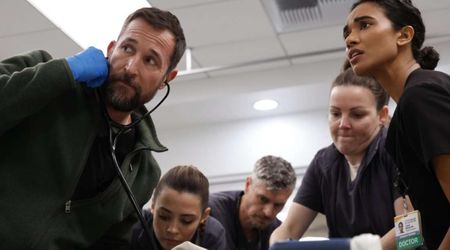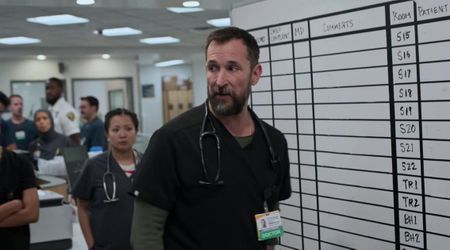'Doctor Who': How Jodie Whittaker's Doctor fares compared to the previous avatars in NuWho

Contrary to what many may say, Jodie Whittaker's Doctor is not the first female timelord. She is, however, the first woman to play the Doctor on BBC's long-running sci-fi/fantasy show.
Funnily enough, she isn't exactly the first female Doctor either — that honor goes to Joanna Lumley who played the character for a Red Nose Day special in 1999 after Rowan Atkinson's Doctor regenerates.
However, despite the naysayers, Jodie Whittaker's Doctor has been received quite well — so well that in fact according to Vulture, her debut as the character saw a huge ratings jump compared to previous actors.
Of course, every 'Doctor Who' fan has their favorite Doctor — be it the Doctor they started with or perhaps, the Doctor whose antics endeared the character to them the most — and it looks like Jodie Whittaker is quickly overtaking that spot for many fans.
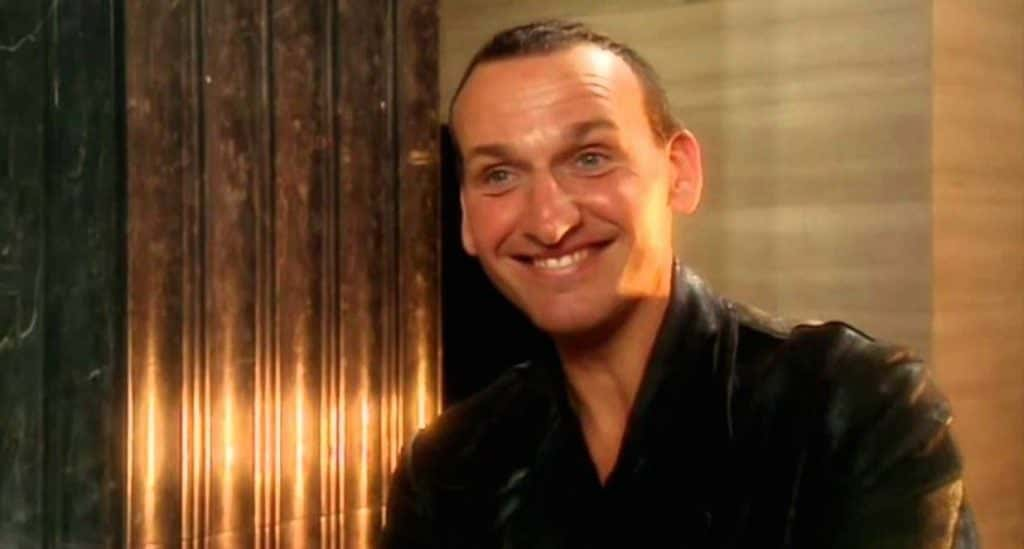
When 'Doctor Who' was revived in 2005 by Russell T Davies with Christopher Eccleston as the Ninth Doctor, Eccleston's Doctor was a sometimes dark, but, a snarky man who learns to open up more over his year with the first companion of the noughts — Rose Tyler, played by Billie Piper.
However, Eccleston left the role after one year and was reincarnated as David Tennant whose Doctor still remains one of the most popular ones today.
Tennant's Doctor retained much of the snarkiness that Eccleston's Doctor had, but was much more upbeat than his predecessor. Tennant played the role till 2010 when Davies left as showrunner.
Then, the Steven Moffat era began with Matt Smith playing the Eleventh incarnation of the Doctor. Smith's Doctor was childlike and fun and many remain ardent fans of his work on the show.
Of course, it helped that Smith's Doctor had more modern companions like Amy Pond (Karen Gillan) and Clara Oswald (Jenna Coleman) which helped his cause.
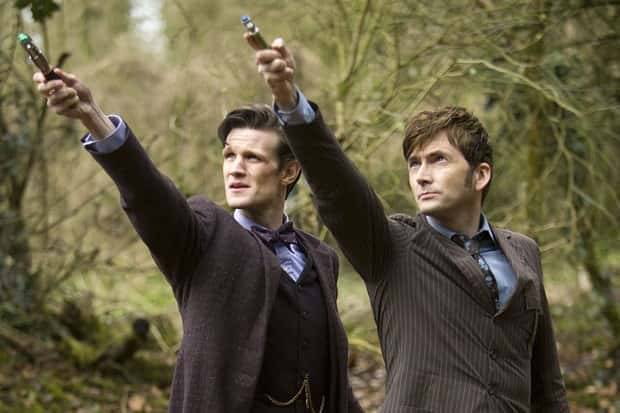
When Smith departed the role in 2013, Moffat cast Peter Capaldi as the Twelfth — and what most thought the final — Doctor. Fans thought Capaldi would be the final Doctor because 'Doctor Who' since the 20th Century had maintained that the Doctor could have only 12 incarnations.
When the 50th anniversary special aired in 2013, with the introduction of the War Doctor, played by John Hurt, Moffat had to fix the story which he did with Matt Smith's final season and giving the Doctor unlimited incarnations.
Capaldi's Doctor was more serious than his NuWho predecessors. He was much darker in comparison and cared less about being liked that the previous Doctor. He was a thrill-seeker who was much more closed off, however, Classic Who fans favored him.
Chris Chibnall took over as showrunner from Moffat for the 11th Series (or season) and with him came a new Doctor — an announcement that was so revolutionary that social media erupted in debates.
Chibnall had announced that his first — the Thirteenth overall — would be a female Doctor. After many years of baiting fans, the BBC series was finally taking the plunge, and Jodie Whittaker was cast in the role.
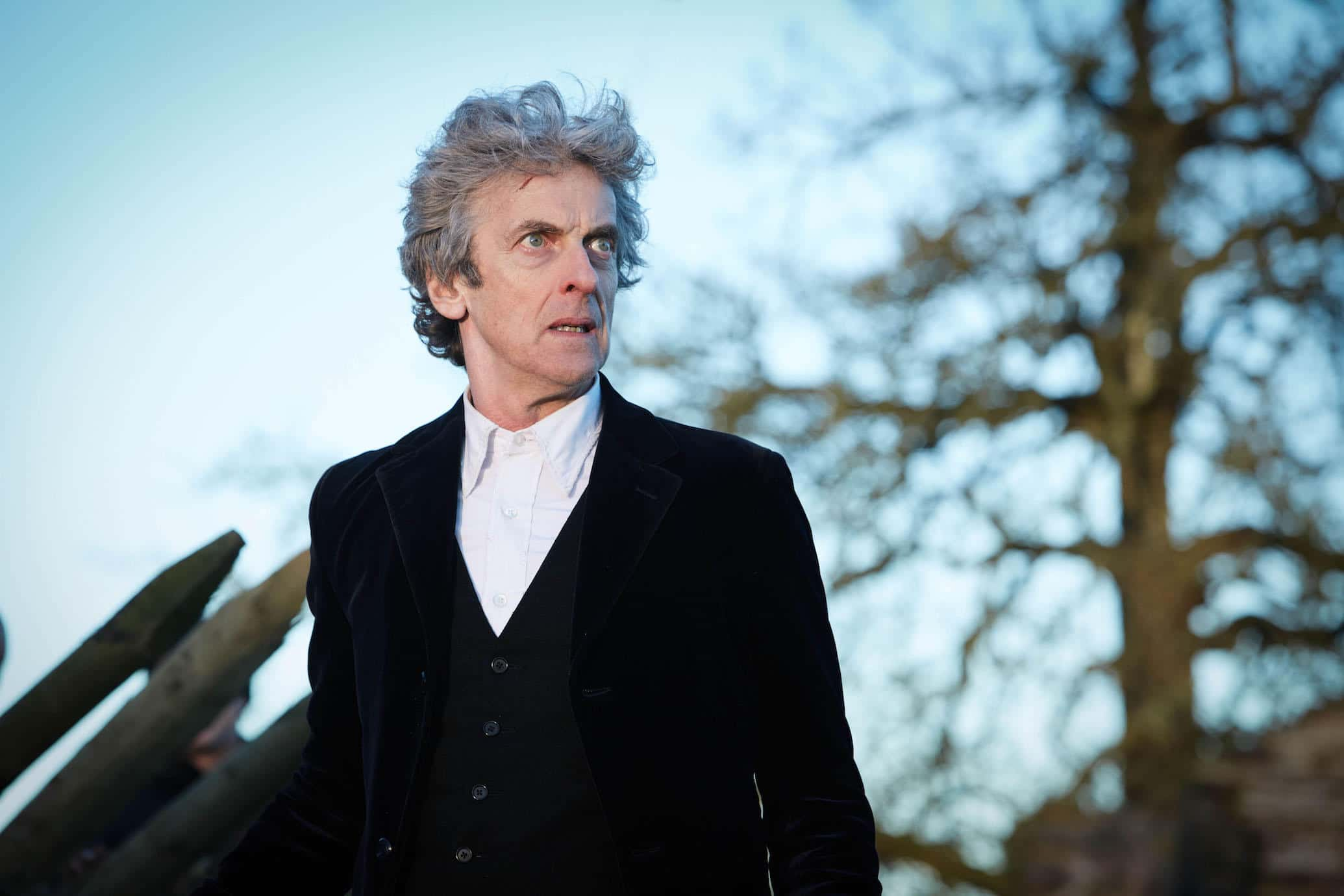
Whittaker's Doctor faced more scrutiny than any Doctor had ever seen — and that was before she even debuted as the Doctor. The Thirteenth Doctor would remind many of Tennant's and Smith's Doctors — their frenzied and whimsical natures respectively.
Whittaker had many moments that proved her to be the perfect casting for the role, for example, in the ninth episode of her debut season, the Doctor gave an impassioned speech that surely endeared her to viewers.
Whittaker's Doctor has fared well ratings-wise as well, with an average rise of 20% for the season compared to the previous season with Capaldi as the Doctor.
However, Whittaker's Doctor has received criticisms with some calling her "too touchy-feely" or that she feels as if she has been written for children.
Nevertheless, Jodie Whittaker's turn as this iconic character has made its mark as part of the 'Doctor Who' canon — and whether you like her Doctor or not, it signified a revolutionary change for the 50+ years old show.
Series 12 of 'Doctor Who' will debut on BBC America on January 1, 2020.

